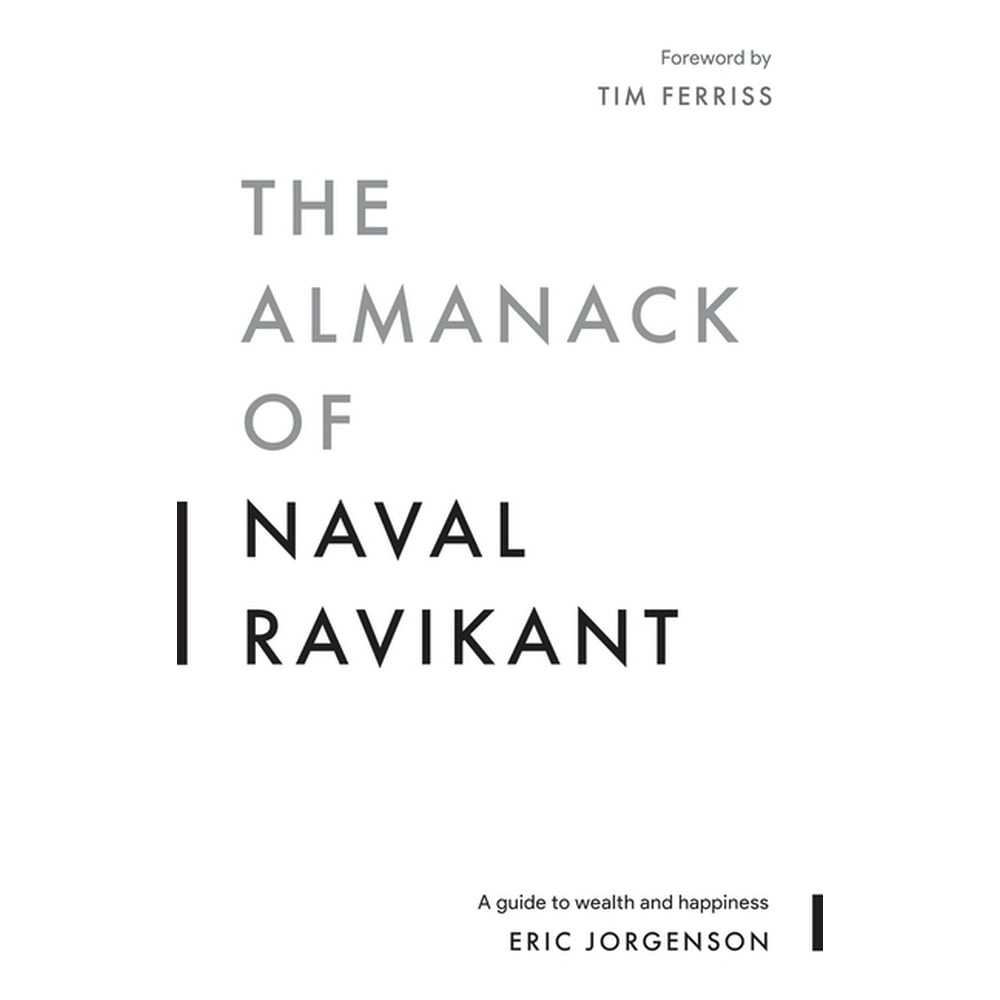Back when I still frequented XTwitter, I would often see Naval Ravikant’s (very quotable) tweets in my timeline. At first glance, he came across as a bit of a guru. On second glance, too, that perception remained. On account of things like how his followers (in the literal as well the figurative sense) referred to him simply by his first name.
So I steered clear of investigating further.

I next came across Naval Ravikant when The Knowledge Project podcast republished an episode with Ravikant some time last year. The original episode, recorded in 2017, was apparently one of their most popular episodes of all time. I decided to give it a listen, and see what the fuzz about this guy was all about.
As I thoroughly enjoyed hearing Naval speak on a diverse range of topics, I decided to check out this book as well. Many people apparently found it a transformative piece of work, and it’s even available to download for free from navalmanack.com. (I enjoy the portmanteau domain!)
Having no idea about how the book was structured, I was surprised to find that it was essentially just a collection of quotes by Naval. The author, Eric Jorgenson, has collected these quotes from a variety of sources. To create a narrative, of sorts, he’s grouped the quotes into various subjects. High level, the book is split into two parts: Ravikant’s thoughts and teachings on wealth and happiness.
The book didn’t really capture me in any sense, so it took me a good while to get through it. As such, I’ve already forgotten much of its contents. Nevertheless, there are many of Ravikant’s philosophical takes that struck a chord with me. His approach to work and success, which essentially boils down to “finding what feels like play to you, but looks like work to others” is something I’ve truly taken to heart.
More than that, his reflections on the nature of happiness, the meaning of life resonated profoundly. In particular:
Humans locally reverse entropy (…) in the process we globally accelerate entropy until the heat death of the universe (…) In that death, there’s no concentrated energy, and everything is at the same energy level. Therefore, we’re all one thing. We’re essentially indistinguishable.
Naval Ravikant
This was a way of formulating a sense or a feeling that I had been working my way towards for many years. It perfectly captures what I believe about existence and the meaning of life, so to speak. And, as Ravikant points out, the more complex the system you create, through art or computers of maths, or even creating a family, you accelerate the heat death of the universe and push us all in the direction of where we all end up as one and the same.
I would probably recommend the podcast episode mentioned above ahead of the book for anyone looking to learn about Ravikant’s ideas. That said, I did find some value in consuming them in a different format. What’s more, I was introduced to some of Ravikant’s influences in a different way. I have, for instance, been enjoying Krishnamurti’s teachings to a great extent after reading this book.
All in all, this book will probably end up influencing me far more than I initially felt upon finishing it. In a way, it already has. With that in mind, it seems meaningless to try to assign it a score.
Ask me again in 20 years, and I’ll let you know.

Leave a Reply